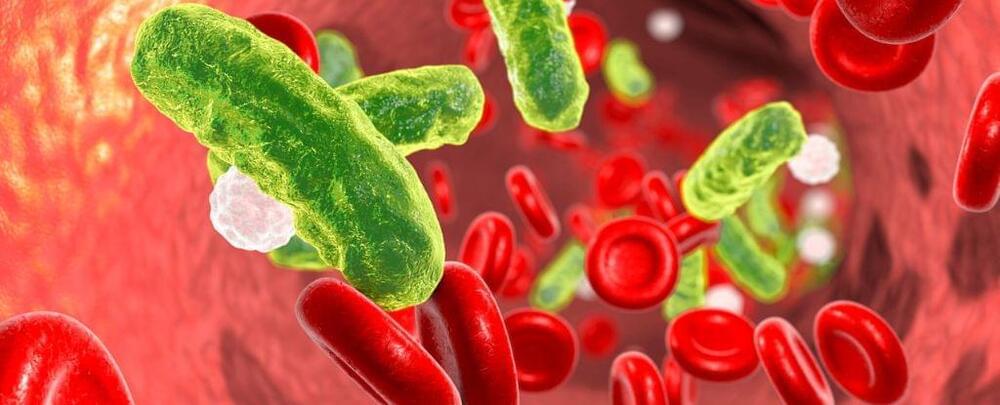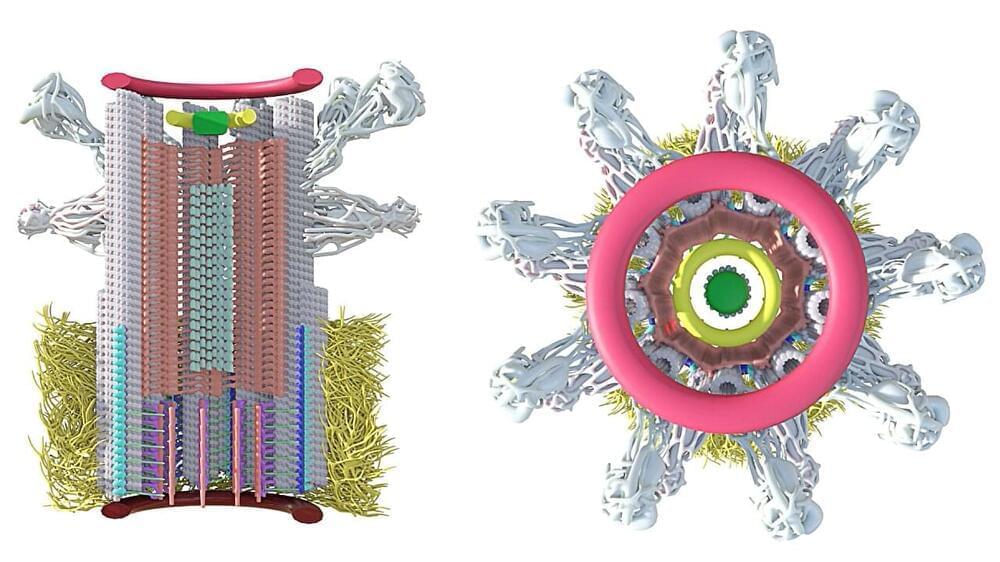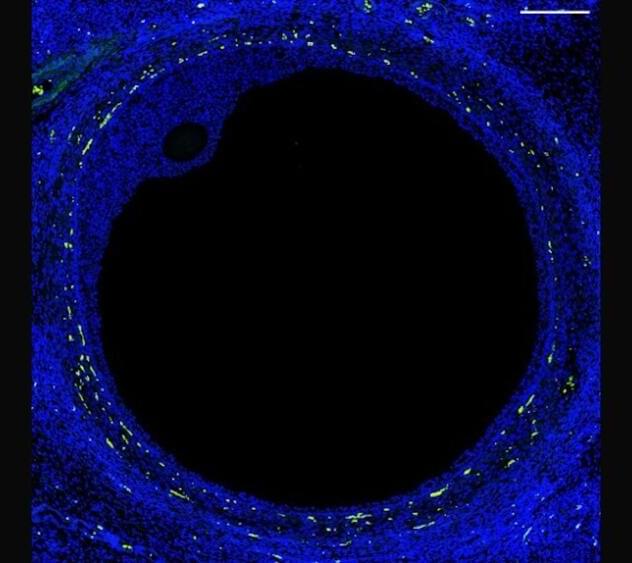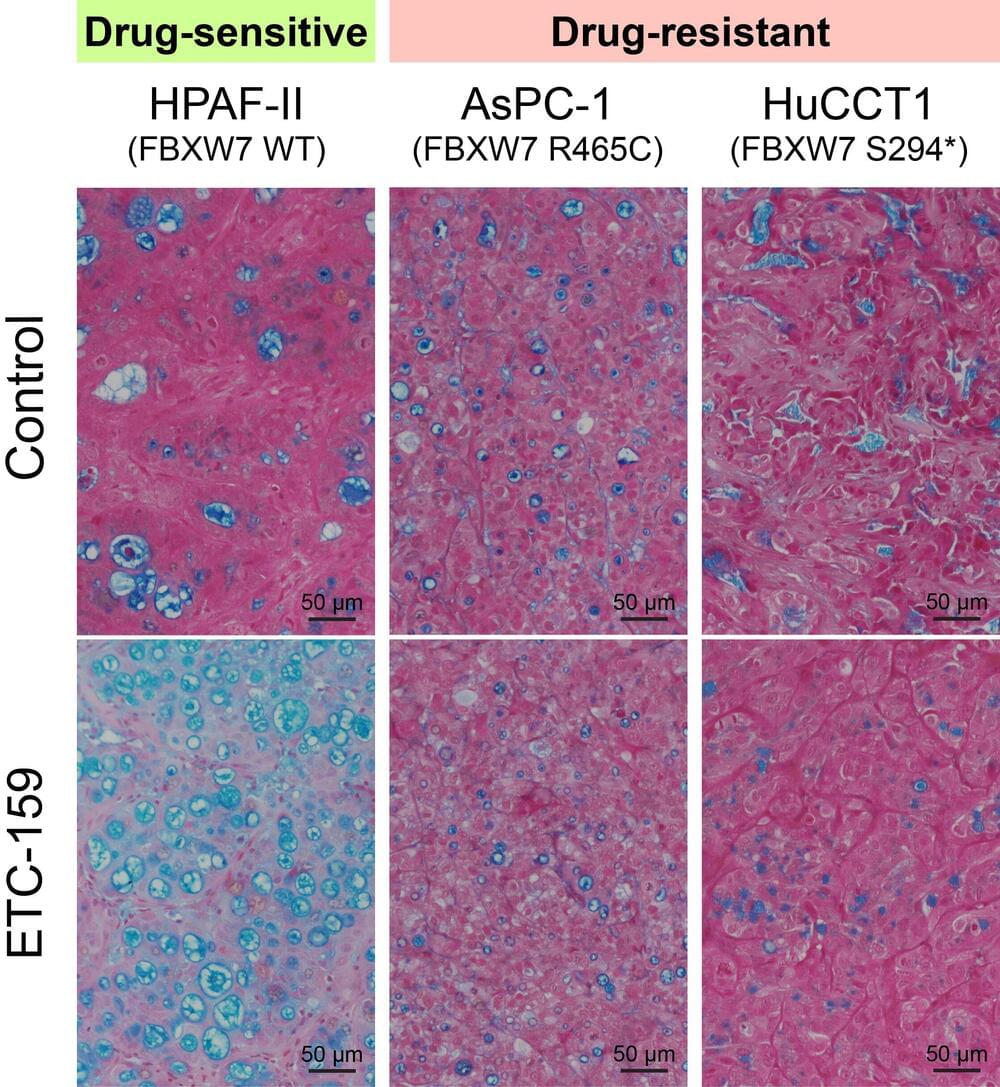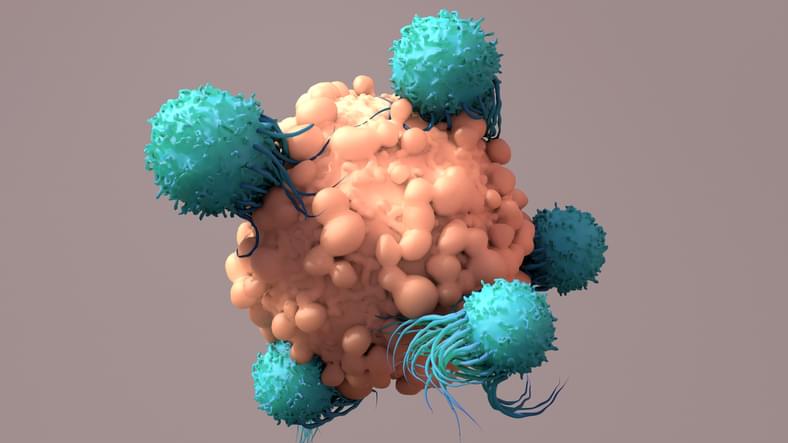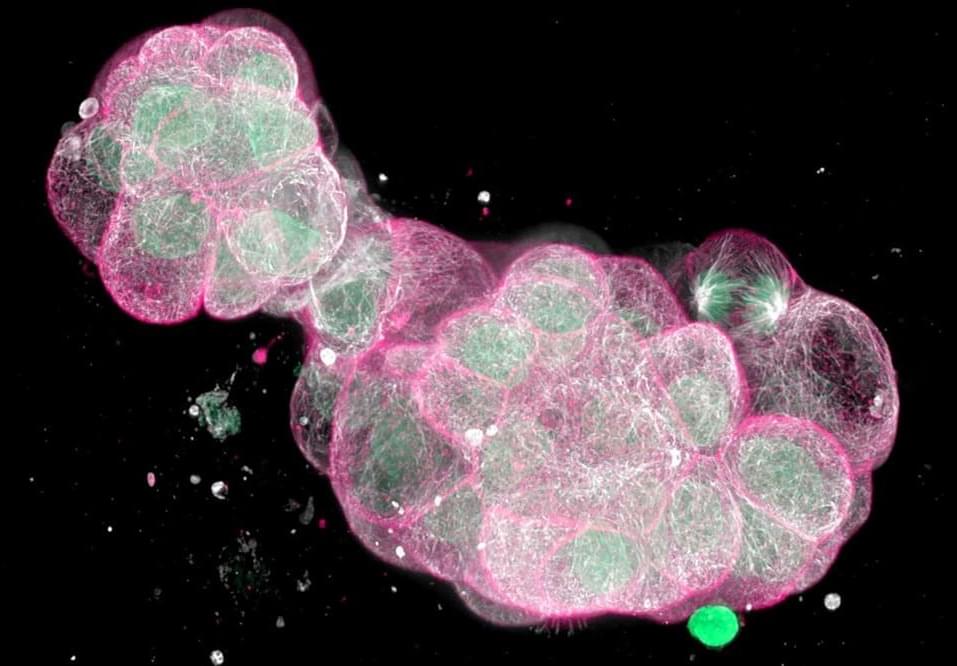
Aging is a life process where the body slowly breaks down and becomes more vulnerable to external stimuli. For example, bones in older individuals become frail and muscle deteriorates. Additionally, older individuals are more susceptible to disease with a compromised immune system. In many cases there are protocols and guidelines in place to protect those with high susceptibility to disease. During the COVID-19 pandemic older patients had to be extremely careful to avoid contracting COVID-19.
Unfortunately, aging is a natural part of life. However, scientists are working to make the process of aging a little easier. Due to the increased average lifespan, aging has been a progressively growing field. Physicians and scientists are working to understand how we age and if there are secrets to be uncovered that would help avoid, prevent, or cure age-related diseases, such as cancer.
Stem cells are self-renewing cells in the body with the ability to differentiate into any cell type. The outcome to which final cell type it turns into is dependent on what the body needs. Regarding the immune system, the body generates more myeloid immune cells. Aging of the immune system is best characterized by an imbalance of these immune cells. Other immune cells including lymphoid cells related to adaptive immunity are reduced in number while myeloid cells and inflammatory pathologies are increased. Many believe that stem cells may be the cause of this imbalance.

